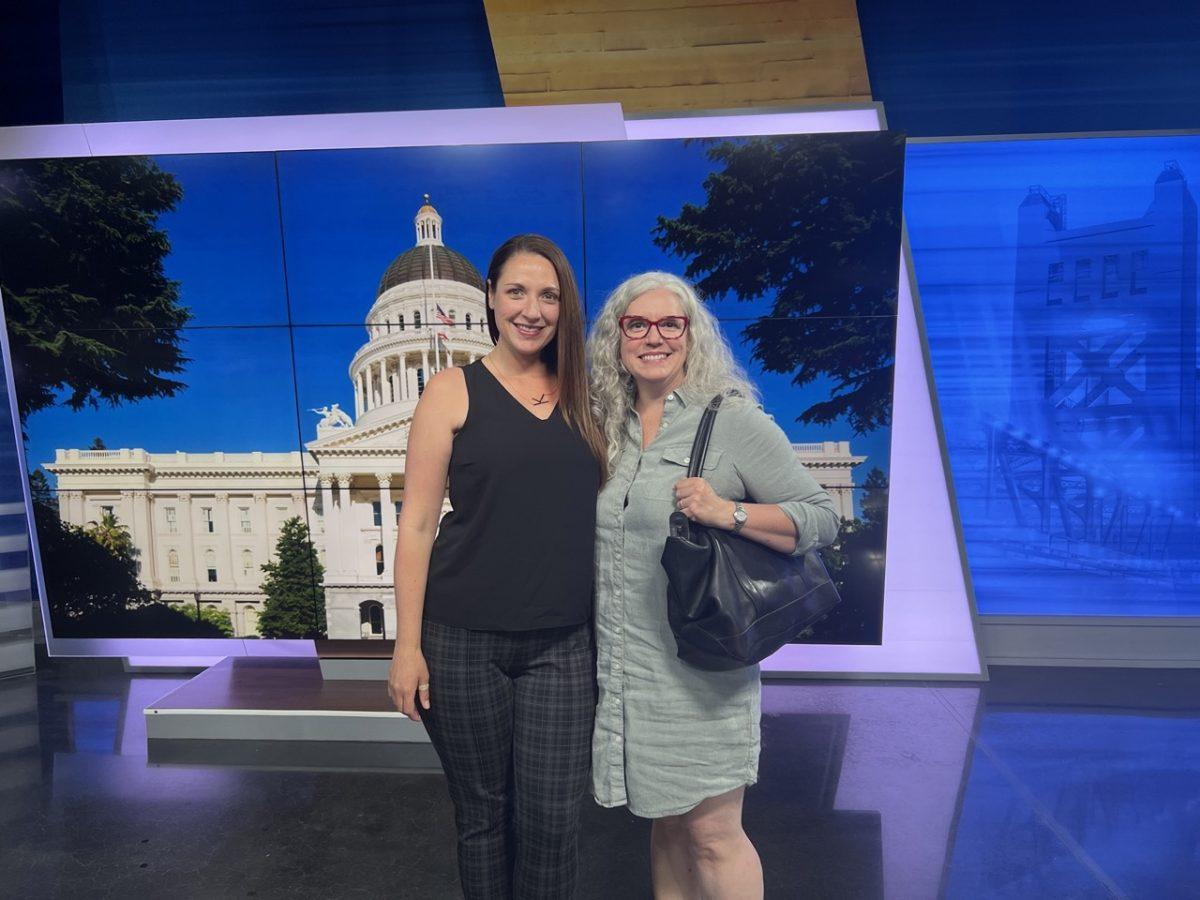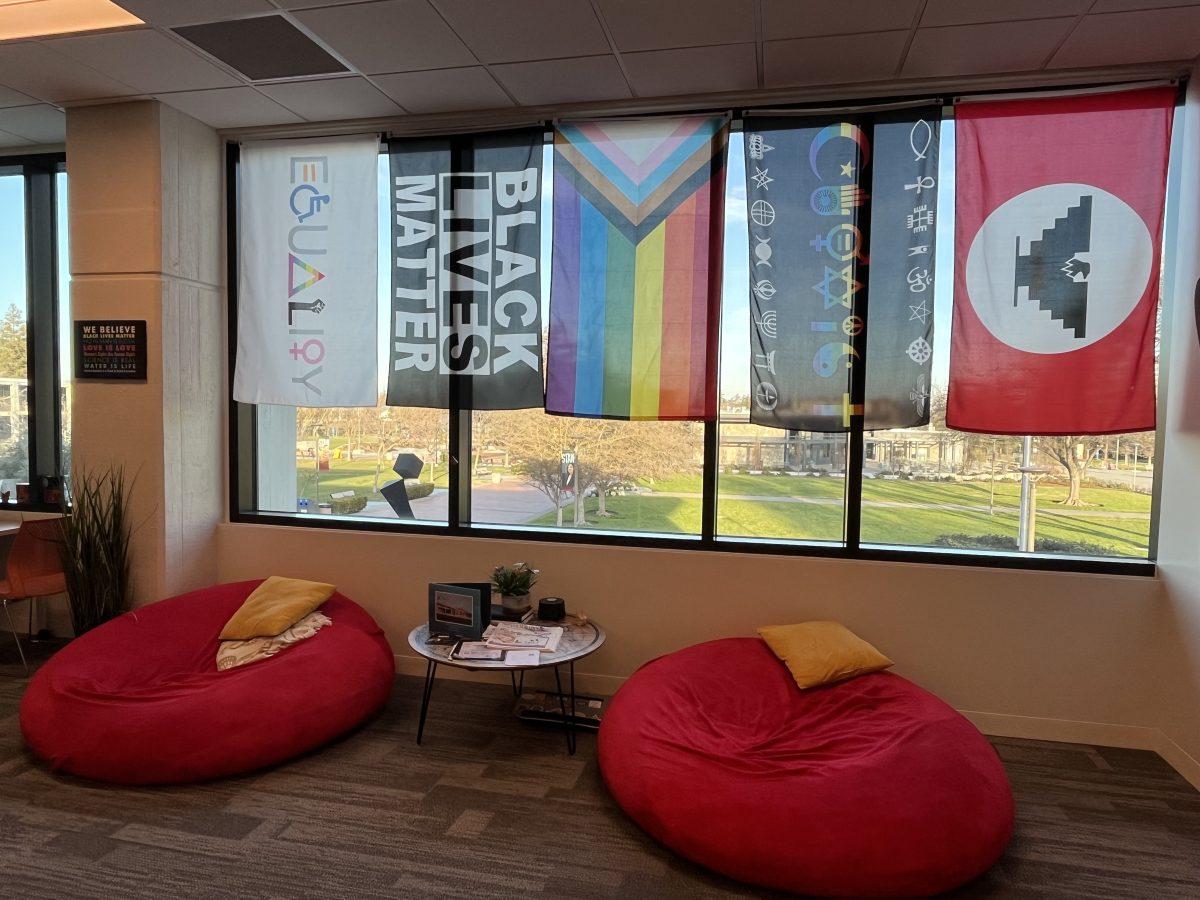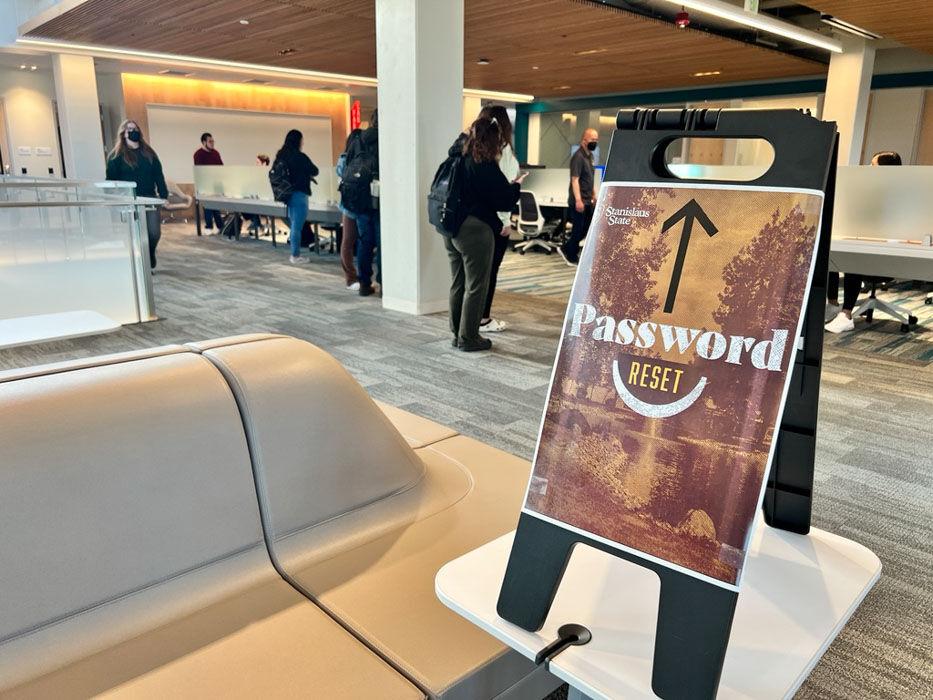I realize that taking the stance against the Stop Online Piracy Act (SOPA), or any new anti-internet piracy legislation, may not seem like the most unique position. But, it is a necessary one.
The bill, put on hold last month, targeted foreign websites known for hosting copyrighted content. But SOPA was vague enough that many other websites could have been affected, such as YouTube, Wikipedia, or even Facebook. In the actual wording of the bill, it defined “foreign infringing site” as “committing or facilitating the commission of criminal violations.”
There are already copyright laws in place. The uploaded music and shows on websites such as YouTube are not rightfully owned by the public. However, companies have always been free to report any content uploaded without their permission. If they choose not to, then at least their product is getting publicity and gaining a wider audience.
If the U.S. is concerned about “rogue” websites based overseas, they still do not need SOPA. Kim Dotcom, the founder of Megaupload (notorious website known for hosting copyrighted material), was arrested a few weeks ago in New Zealand. Although it is strictly up to the country hosting the criminal, the U.S. can ask the other country to take action. But making new laws to prevent piracy here will only complicate an already complicated set of rules we have about what constitutes fair use of copyrighted material.
Perhaps YouTube would not exist if SOPA was in place years ago. Another possibility is that companies such as MySpace could have used SOPA to twist the wording into their favor in order to stop other social networking tools such as Facebook and Twitter by arguing they fit the definition of a “foreign infringing site.”
Bills such as SOPA could even have the unintended consequence of turning away fans.
When my friends go to anime conventions, I always enjoy looking at the various pictures they post on Facebook of cosplayers. But if SOPA had passed, would anime companies have the right to take those cosplay pictures down? From what I understand, yes. Not only that, but the copyright holder could argue that Facebook should be shut down in general just for hosting pictures of cosplay. That example is extreme, however it’s best not give those scenarios a chance.
It would be very difficult for lawmakers to create stronger laws that do not threaten innovation or the flow of free information. But companies can work harder to make their content available for legal purchase. For example, make more songs and movies available on iTunes, Amazon, Netflix, etc. There will always be some illegal downloading, but giving consumers more options will minimize the practice and eliminate the need to even debate SOPA or any similar legislation.
Categories:
SOPA Unnecessary, Threatens Fun
By Reinier Macatangay
•
February 5, 2012
0
Donate to Signal
Your donation will support the student journalists of California State University, Stanislaus. Your contribution will allow us to purchase equipment and cover our annual website hosting costs.
More to Discover






